Dear Editor:
I read with interest the story of the Battle of Aschaffenburg (January 2011 issue). I was stationed in the village of Munster bei Dieburg in the mid to late 1980s and was in Aschaffenburg many times as it was about 15 miles away. I didn’t, however, know much about the battle there. Reading about this area brought back many memories of my time there.
There was, however, one thing that is incorrect. Aschaffenburg isn’t in the Province of Bavaria but in Bayern right on the border with Hesse. It is a minor detail in a well written story.
Jim Noort, via e-mail
Tank Identification Error
Dear Editor:
While reading the October 2010 issue, I noticed a small discrepancy/error with the picture captions on page 53. The tanks that were pictured were a 38t and a PzKpfw II. The captions says that they are both 38ts. As they are both light tanks, I could see where the error could be made, but as not all of your readers are aware of specific German/Czech armored nomenclature, it would be nice if your proofreaders could catch a mislabeling like the one on page 53.
I really enjoy reading WWII History and just like to see accuracy in the writing/labeling so as not to confuse the less knowledgeable. Please continue the excellent writing and publishing of this fine magazine. It is one of the highlights of my monthly reading schedule.
David B. Brackney
Buckeye, Arizona
King George VI: Irrelevant?
Dear Editor,
Your article on King George VI’s visit to the United States (December 2010 issue) drove home to me just how irrelevant the royal family was to World War II.
Even though the visit helped President Franklin Roosevelt make a stand against the isolationists in the United States before the war, Roosevelt made only one concession to the King and he never followed through with it. As Mr. Niderost reported, Roosevelt assured the King that if London were bombed, the United States would enter the war. Of course he did not, even when the German Luftwaffe slammed London with nightly bombings. Roosevelt would have never made such a promise to British Prime Minister Winston Churchill, and even if he had, Churchill would have made Roosevelt put it in writing.
When people think of Great Britain in World War II, they think of Churchill, with his bull-dog determination and never-surrender attitude. George VI was a non-factor in the war. He never made a single strategic or tactical decision. He did not allow Coventry to be bombed to keep the Germans in the dark about Ultra (which enabled the British to read German communiqués ), or order the night-time bombing of German cities. American generals like Eisenhower and Patton, regarded meeting the king as only a footnote in their memoirs.
The King’s only noteworthy act in the war, that I know of, was preventing Churchill from landing with the troops on D-Day by insisting that if Churchill accompanied the invasion, that he too would attend the event. Only the King outranked Churchill who took the hint and remained in England while the fleet sailed for Normandy.
Oreste Rondinella, via e-mail
Monty’s End Run
Dear Editor:
One war story that I just can’t get out of my craw is: I’ll go to my grave believing that Field Marshal Montgomery’s “end run” was a truly brilliant strategic idea and that if it were
(and I don’t think it was) heavily supported by dive- and fighter-bombers that more or less turned the tide leading to massive Nazi annihilation at the Falaise Gap. American and British air corps, I feel, could have interdicted and nullified the offensive power of the panzer division that defeated our “end run” attack in Holland.
Of course, I don’t know all of the story on this. But if General Eisenhower and General Bradley et al., out of personal pique and dislike or jealousy of Montgomery, deliberately refused to offer full-on air power assistance to make the end run a success, then their attitude and actions of deliberately not supporting the end run as thoroughly as possible would, indeed, be a very large, black stain on their conscience and military escutcheon. Maybe I’m totally wrong, but that failure cost a lot of British, Polish, and American lives and a host of badly wounded guys who were all in the airborne effort.
I really hope and pray that I am off base on this. I’d hate to find out that Eisenhower, Bradley, and Patton would be part of such an unconscionable “military malfeasance.”
John R. Miller
Enola, Pennsylvania
Note: Opinions expressed in “Dispatches” do not represent those of the writers, editors, or staff of WWII History or Sovereign Media.
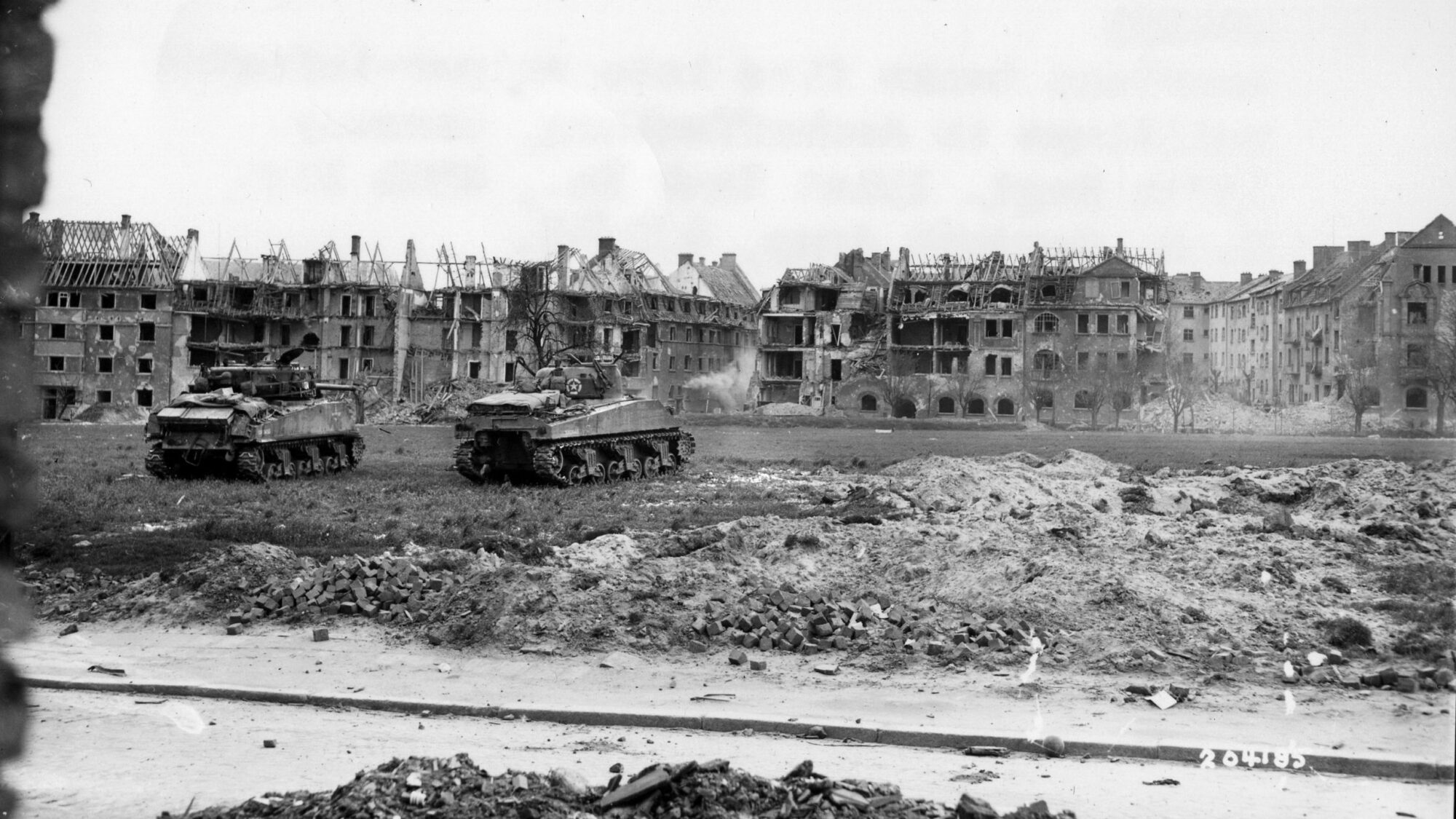
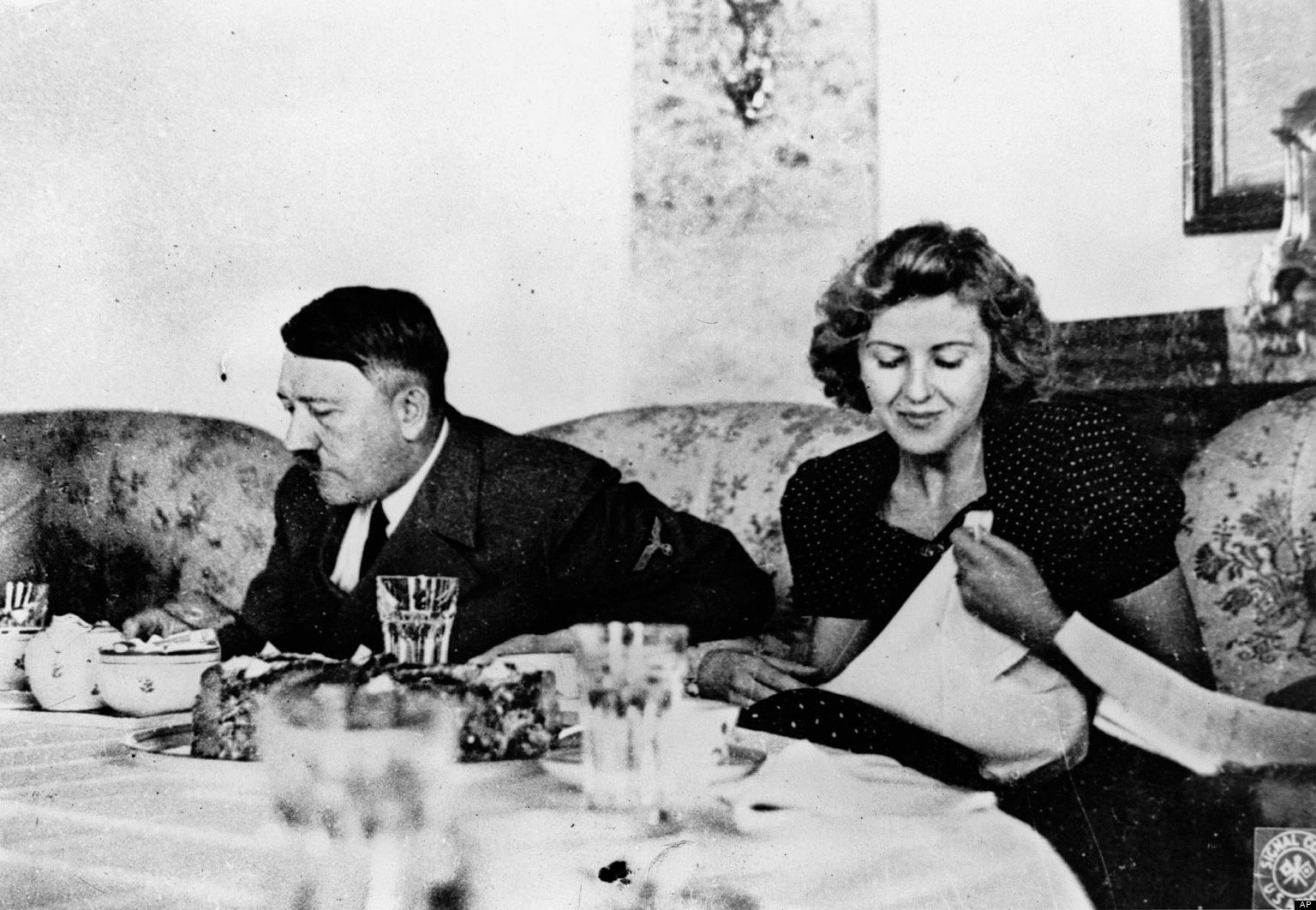
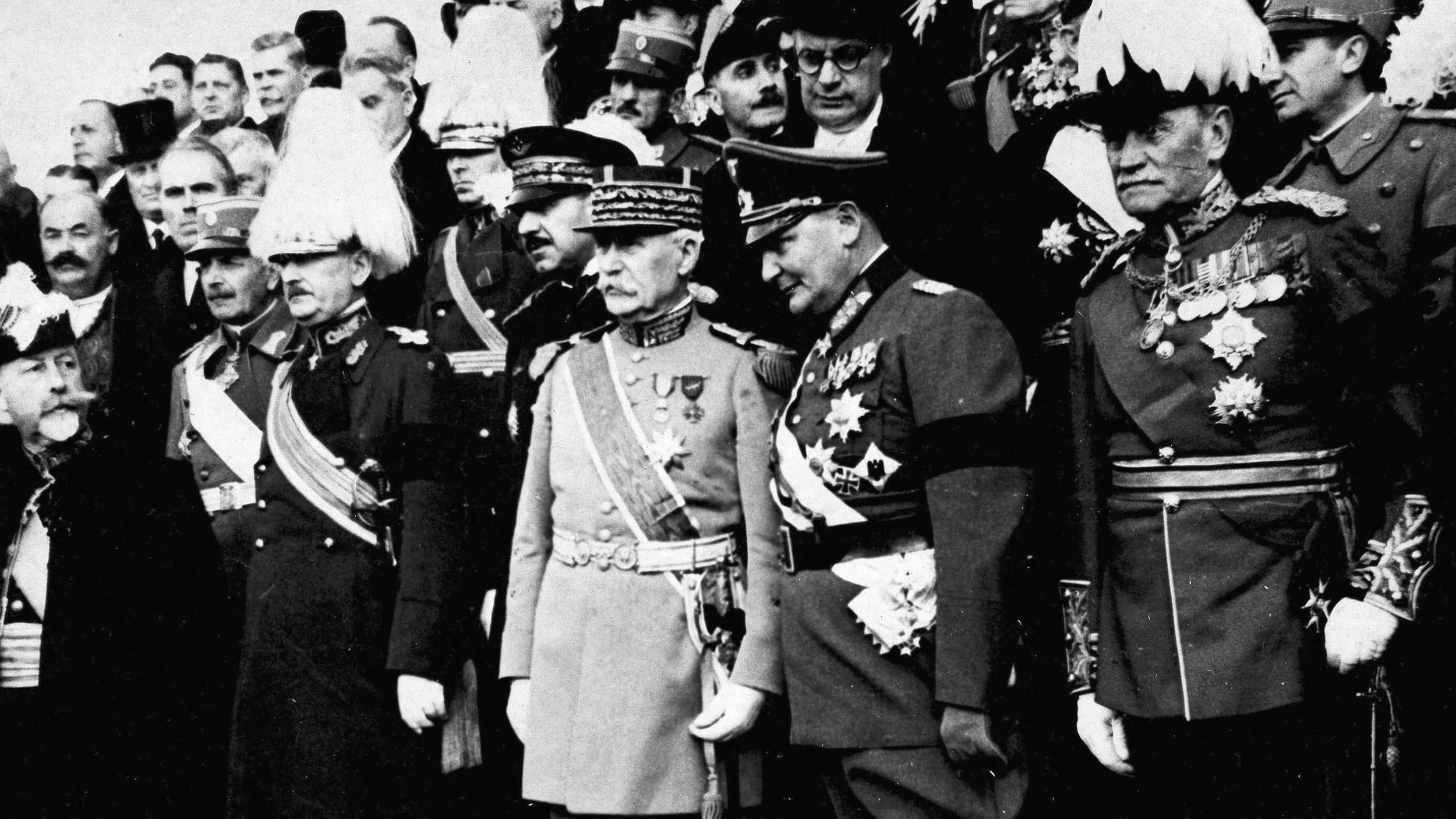
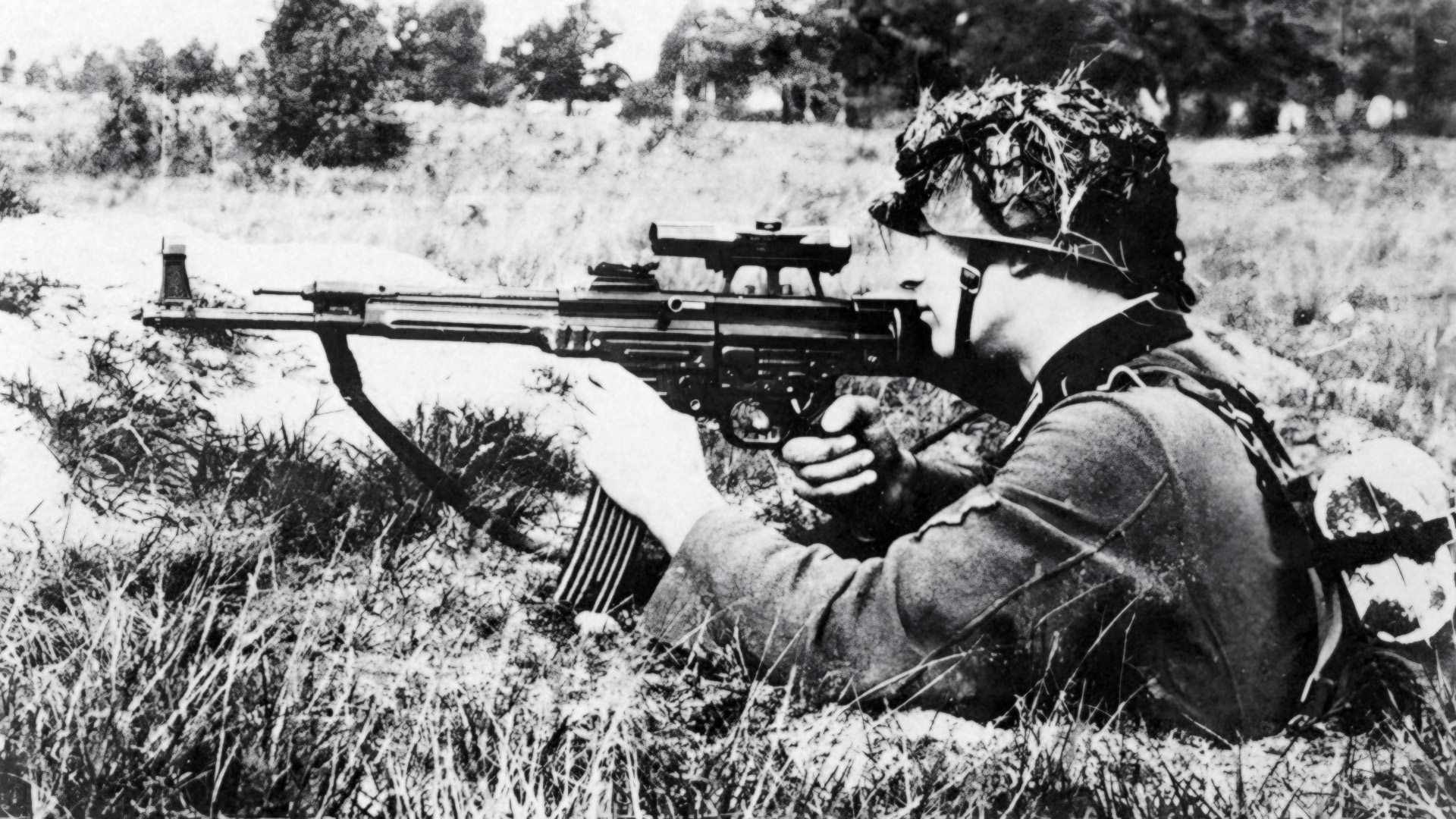
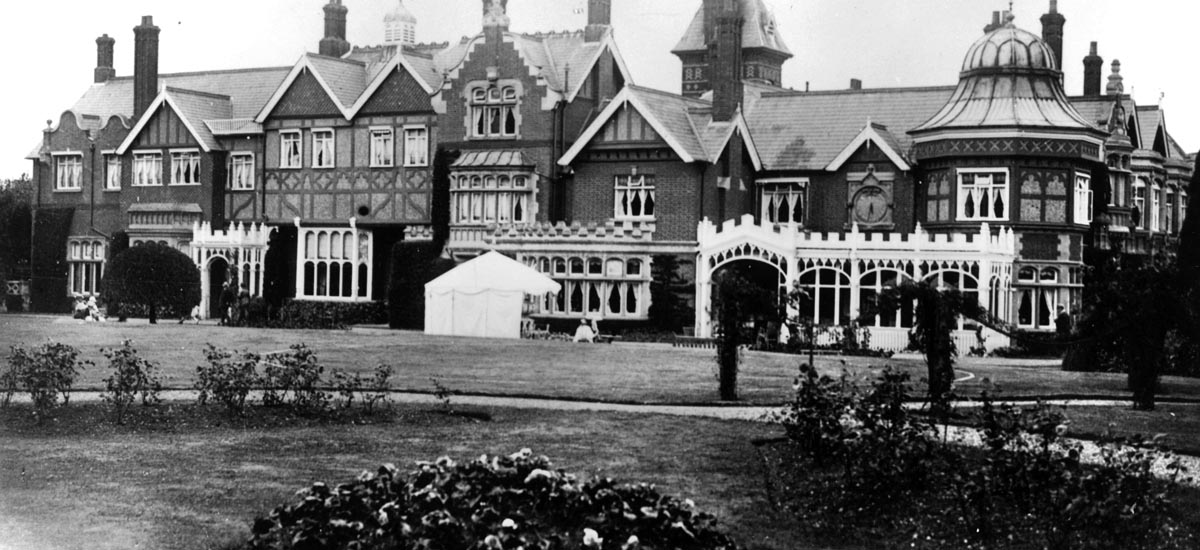
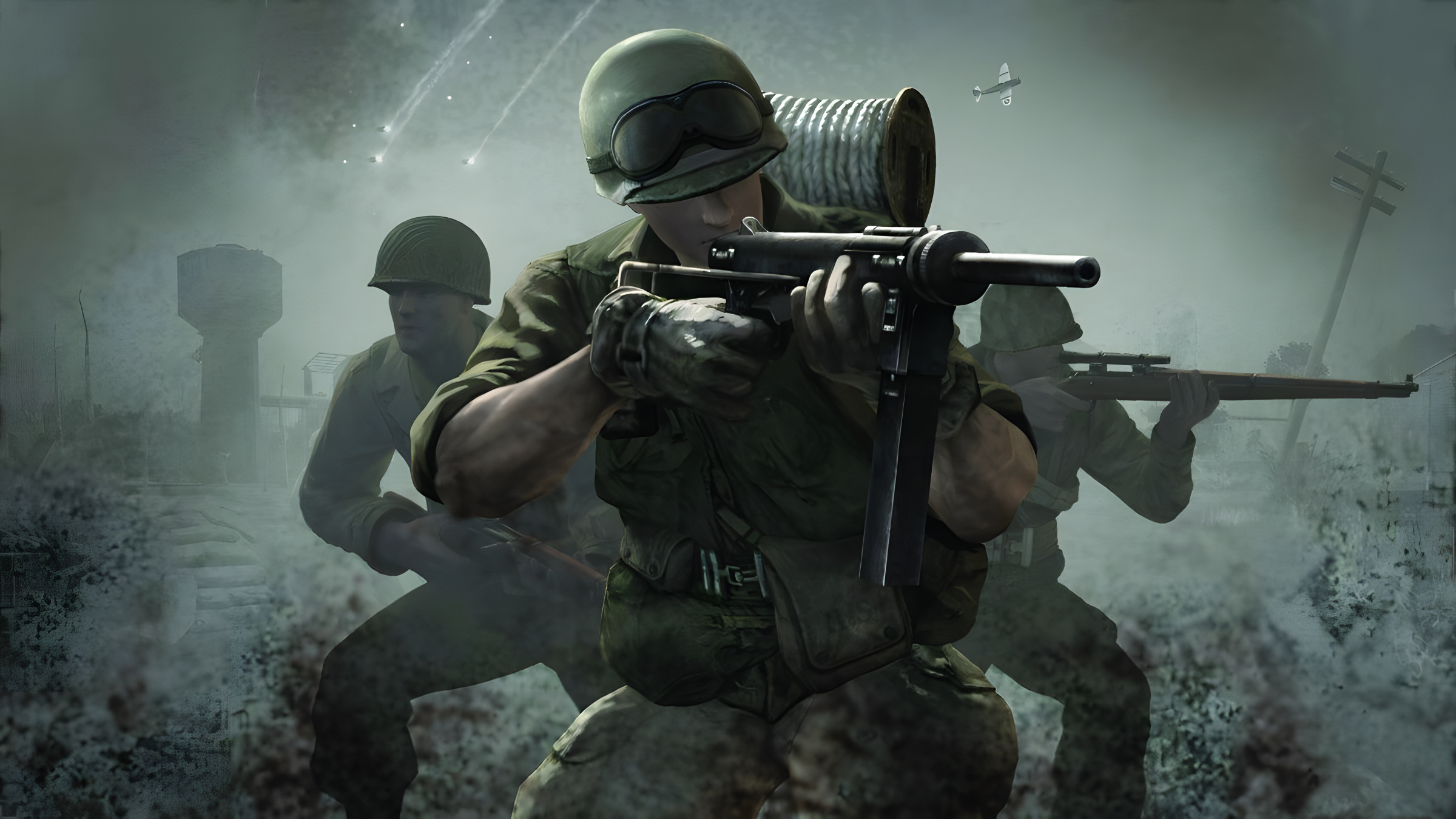
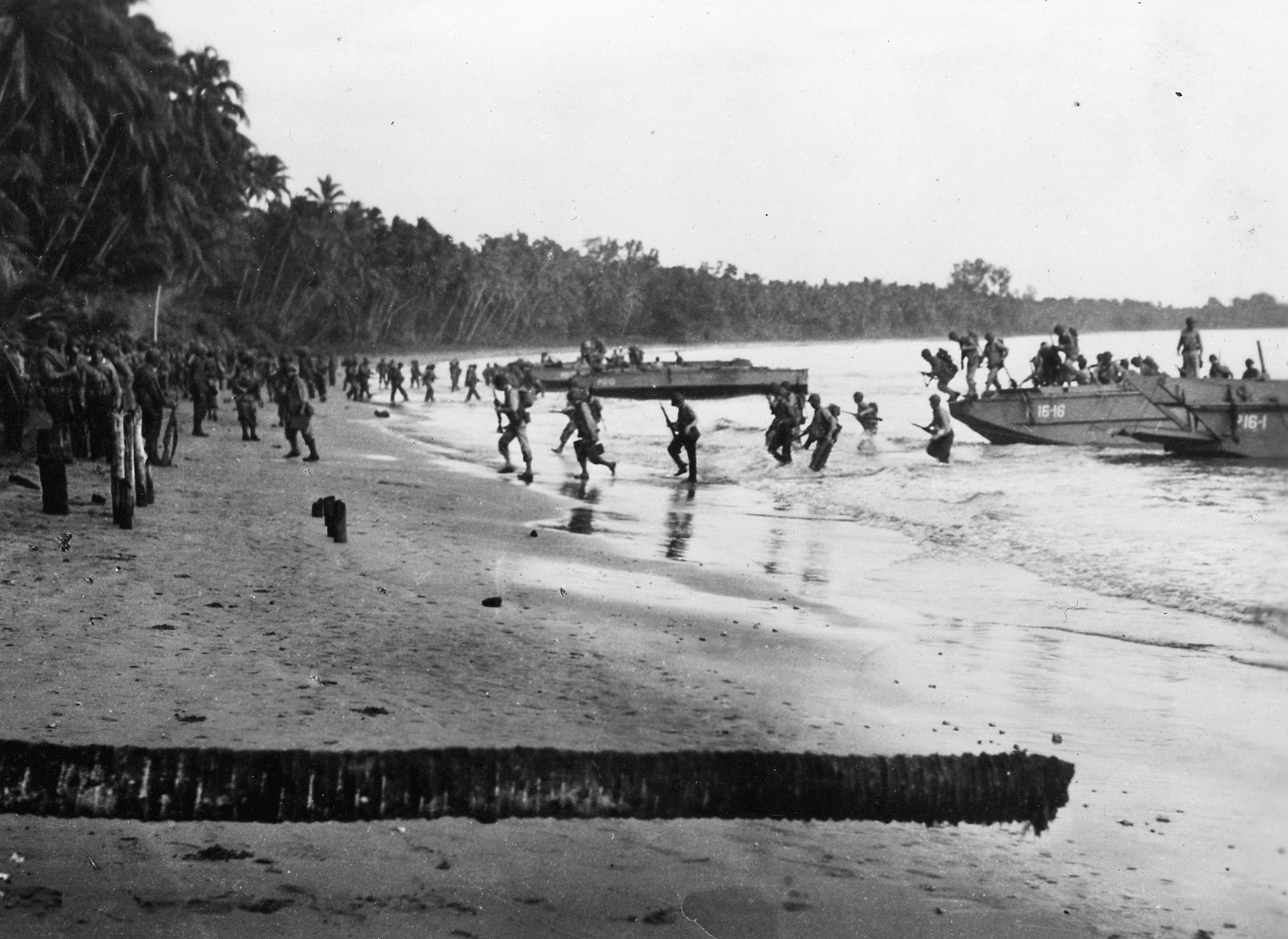
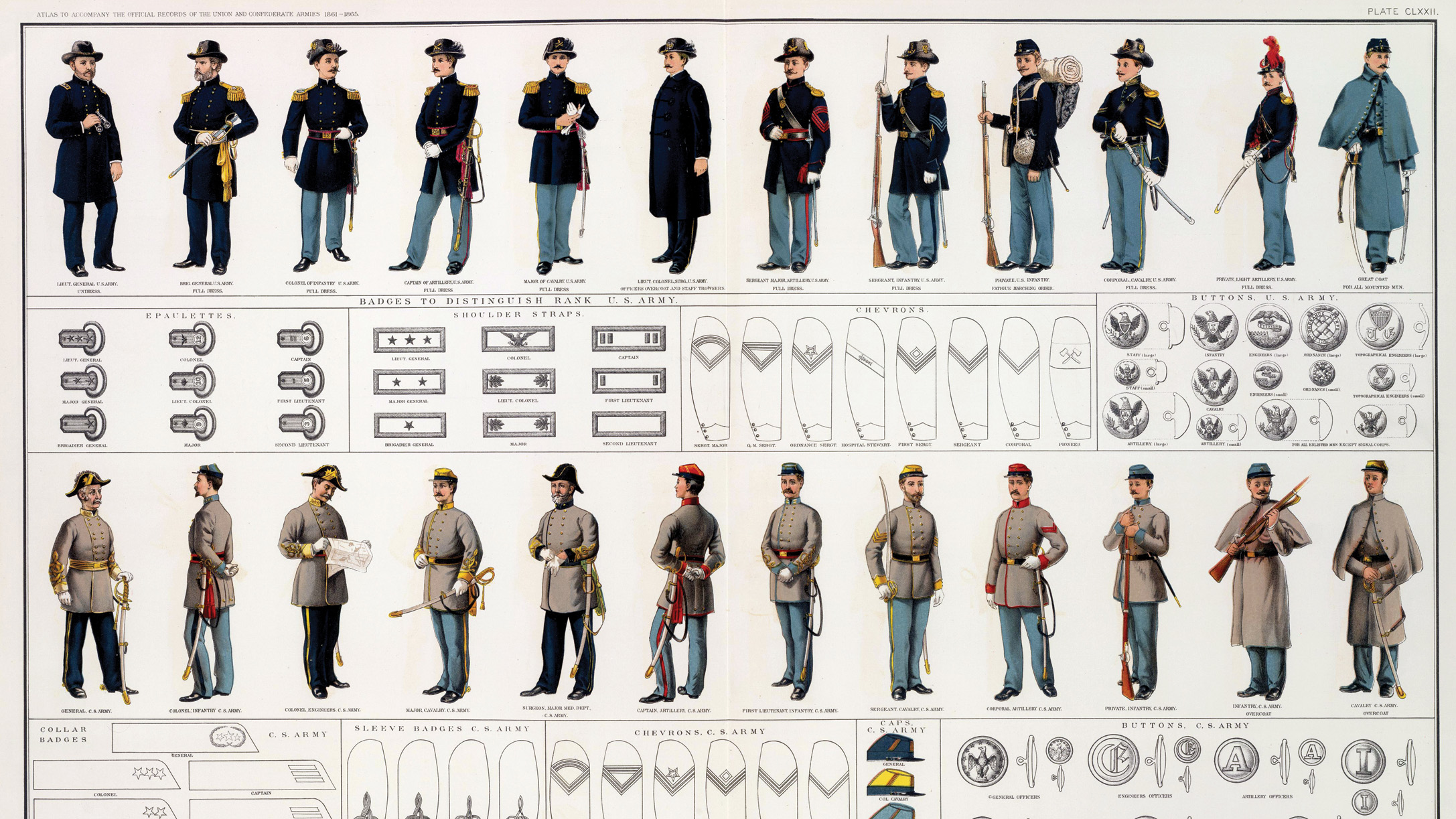
“Aschaffenburg isn’t in the Province of Bavaria but in Bayern right on the border with Hesse.”
Isn’t Bayern the German word for Bavaria?